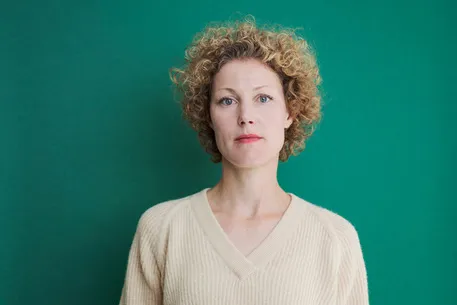Karianne Fogelberg develops and implements projects at the intersection of teaching, research, science, and society. She frequently employs speculative scenarios as a design method, which she adapts for application in other knowledge domains. This semester, she brings her expertise to the TUM School of Engineering and Design.
Holding a Master's degree in History of Design from the Royal College of Art and the Victoria & Albert Museum in London, and possessing experience in leadership roles, Fogelberg specializes in participatory, transformative, and discursive formats. Since 2018, alongside designer Sarah Dorkenwald, she has led the studio UnDesignUnit in Munich. The studio employs design methods to explore new forms of science communication as a catalyst for sustainable societal transformation.
Fogelberg's academic journey also includes her role as a research associate for design and architectural theory at the cx center for interdisciplinary studies at the Academy of Fine Arts Munich. She has also taught at Mainz University of Applied Sciences, Folkwang University of the Arts in Essen, and Burg Giebichenstein University of Art and Design Halle.
Under Professor Fogelberg's direction, the summer semester of 2024 at the Chair of Visual Arts is themed "City.Sphere," exploring the city as a habitat for diverse species, not just humans. As the climate crisis intensifies, urban areas are under closer scrutiny.
Fogelberg remarks, "In their practice, architects and planners increasingly encounter a wide range of stakeholders, including not only clients, residents, and governmental bodies but also non-human stakeholders such as protected bird species, pollinating insects, and habitat trees. Implementing sustainable designs within these complex and often conflict-ridden ecosystems requires new tactics and thinking models. The 'City.Sphere' theme explores cohabitation in cities with non-human species in the era of global warming and species extinction. We are expanding artistic methods with design-experimental approaches this semester, enabling students to express aesthetic positions beyond practical applications and thereby open new perspectives on urban spaces that are becoming vitally important in practice."
